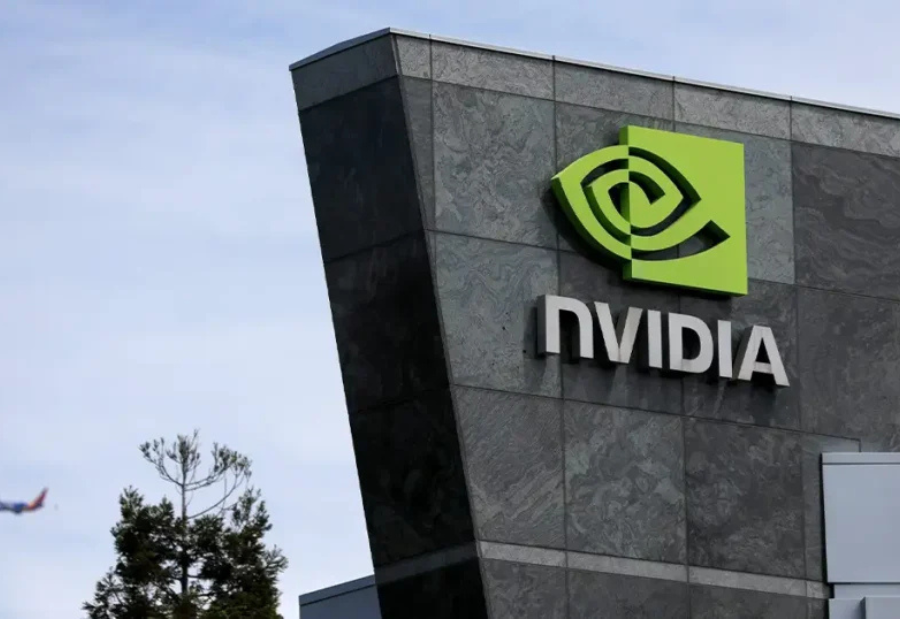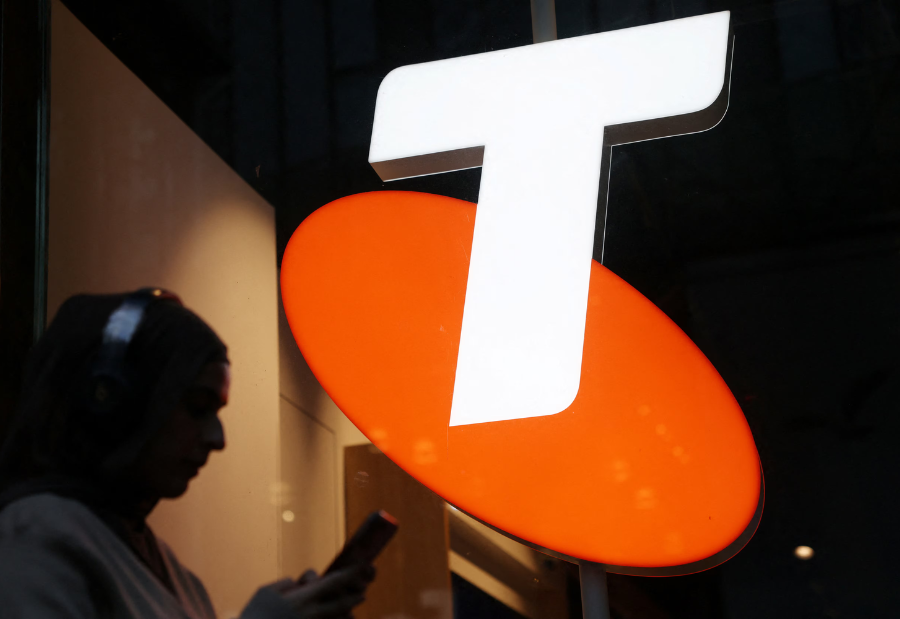A multibillion-dollar agreement between Nvidia and the United Arab Emirates to export advanced AI chips has been delayed, causing frustration for Nvidia CEO Jensen Huang and senior U.S. officials.
The deal, announced in May 2025 during a high-level U.S.–UAE engagement, was intended to support the UAE’s ambition to become a global AI hub. Nearly five months later, shipments of Nvidia’s most advanced AI chips have yet to begin, with regulatory reviews and security concerns cited as the primary reasons for the delay.
The Deal and Its Ambitions
Under the agreement, the UAE would be allowed to import up to 500,000 Nvidia AI chips annually. The country also planned to develop a large-scale AI data campus in Abu Dhabi, envisioned as one of the largest computing hubs outside the U.S.
In return, the UAE pledged to invest in U.S.-based data centres, creating a reciprocal framework intended to secure economic and technological benefits for both nations.
Reasons for the Delay
The U.S. Commerce Department has yet to issue export licenses for the chips. Officials have linked approval to the UAE’s completion of promised investments and the establishment of robust security and compliance measures.
Additionally, U.S. authorities remain cautious due to the UAE’s business links with China, raising concerns about the potential diversion of advanced AI technology.
A senior U.S. official commented, “This is not about restricting innovation — it’s about ensuring that sensitive technology is used responsibly and does not compromise national security.”
Impact on Nvidia and the AI Ecosystem
For Nvidia, the delay complicates its plans to expand into the Middle East and underscores the challenges of navigating geopolitically sensitive markets. CEO Jensen Huang has noted that restrictive policies may encourage countries to develop their own competing AI technologies.
Analysts suggest that resolving the UAE deal could serve as a model for U.S. tech exports to allied nations while balancing strategic and security considerations.
Strategic Implications
The stalled deal highlights the broader challenge of advancing AI globally while managing national security risks. While the UAE continues to pursue its ambitions as a leading AI hub, the U.S. maintains a cautious approach to ensure that sensitive technology is protected.
As negotiations continue, Nvidia’s AI chip exports remain a test case for how technology, security, and geopolitics intersect in an increasingly competitive global AI landscape.
Also read: Viksit Workforce for a Viksit Bharat
Do Follow: The Mainstream formerly known as CIO News LinkedIn Account | The Mainstream formerly known as CIO News Facebook | The Mainstream formerly known as CIO News Youtube | The Mainstream formerly known as CIO News Twitter |The Mainstream formerly known as CIO News Whatsapp Channel | The Mainstream formerly known as CIO News Instagram
About us:
The Mainstream formerly known as CIO News is a premier platform dedicated to delivering latest news, updates, and insights from the tech industry. With its strong foundation of intellectual property and thought leadership, the platform is well-positioned to stay ahead of the curve and lead conversations about how technology shapes our world. From its early days as CIO News to its rebranding as The Mainstream on November 28, 2024, it has been expanding its global reach, targeting key markets in the Middle East & Africa, ASEAN, the USA, and the UK. The Mainstream is a vision to put technology at the center of every conversation, inspiring professionals and organizations to embrace the future of tech.




